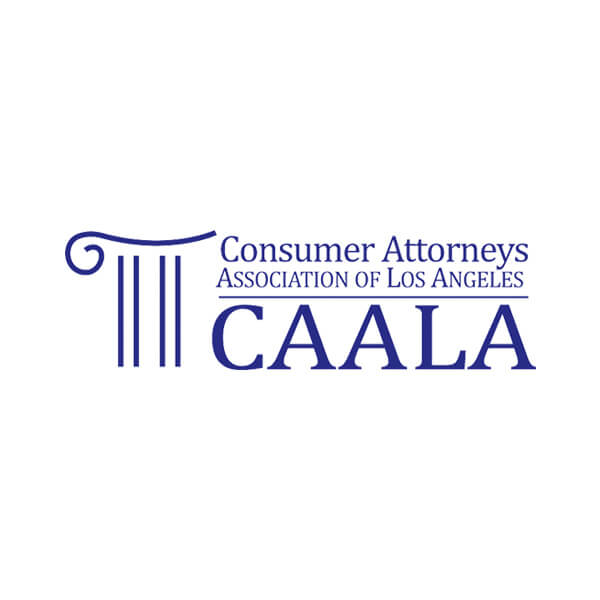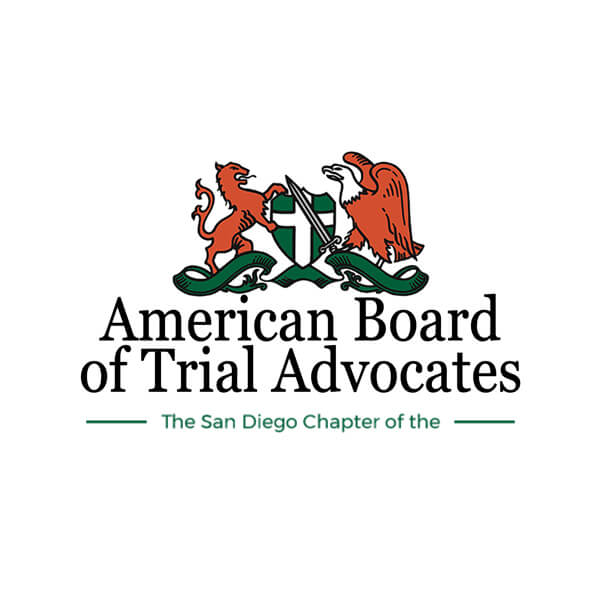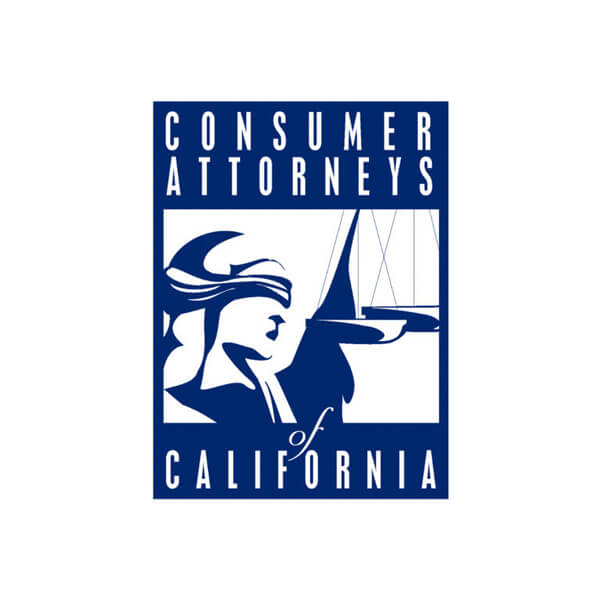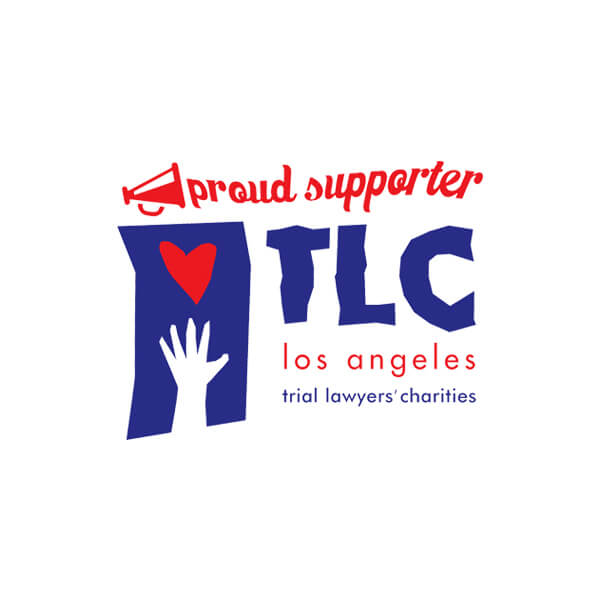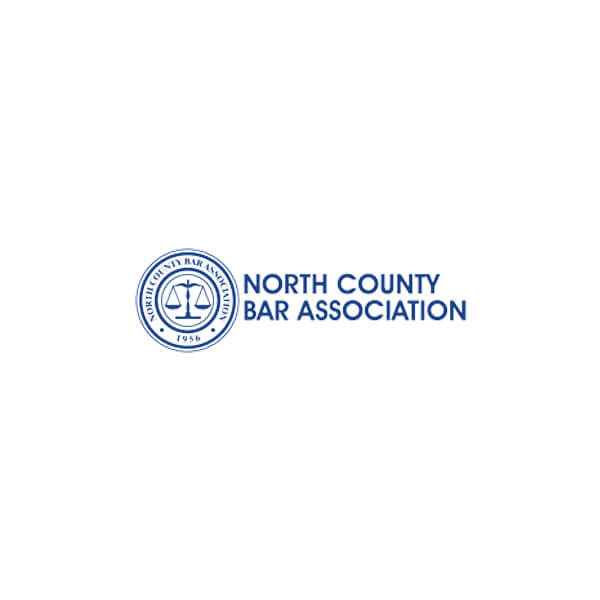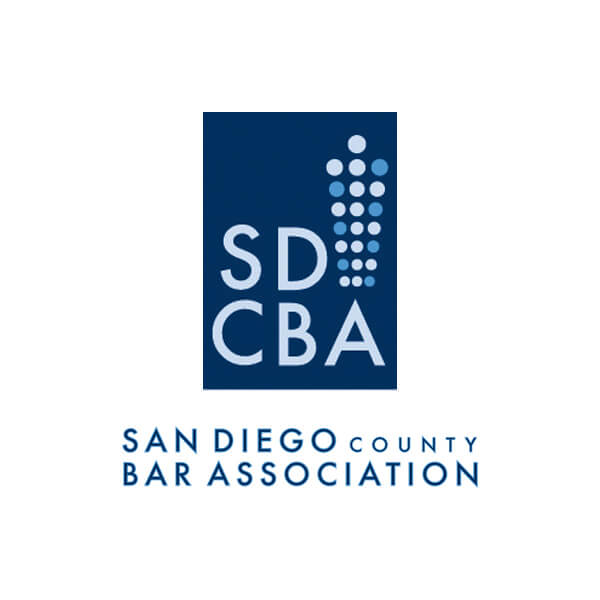
Attorney Fee Structured Deferrals: Things to consider
With Tax Filing Season at an end, we hope that nobody was
hit too hard. We’d also like to give an applause to any clients of ours &
all attorneys out there that realized the actual benefits of deferring their
fees this Tax Filing Season. In this article, we’d like to flush out exactly why attorneys are even allowed to
defer their fees & discuss some of the important items to consider when
moving forward with an Attorney Fee Structured Deferral.
Background:
Attorneys that are paid on a contingent-fee-basis are the only attorneys that are allowed to structure their legal fees.
This is a great benefit from a tax perspective and should not be taken lightly.
When an attorney enters into a contingent fee agreement with a
client/plaintiff, the attorney can decide to take his/her fee in a lump sum or
in periodic payments over time. In either scenario, the attorney is paid after
settlement and from the defendant; however, when taken as payments over time –
a structured fee arrangement is established, where funding is provided by an
annuity (in some cases) purchased by an assignment company from moneys delivered
by the defendant in the case.
Having one’s contingent legal fees paid out over time results in many benefits
(see article # 1). Most importantly is the
ability to defer taxes over time, which allows an attorney to (1) reduce income taxes in a given year
& (2) partake in tax-deferred
investment returns that would not have been available if fees were taken as
a lump sum. For the attorney, they would only pay taxes in the year that they receive
a periodic payment.
The use of Attorney Fee Structured Deferrals was first approved in Childs v. Commissioner, 103 T.C. 634
(1994), aff'd per curiam, 89 F.3d 856 (11th Cir. 1996). In this case, the court
held that the attorney did not receive constructive
receipt of his attorney fee as income in the year that the annuity was
purchased. Thus, the court ended up ruling that the attorney could not be liable
for taxes until he received his periodic payments that would be coming from the
annuity.
While Childs provides us the legal and tax rulings as to why a contingent fee-based
attorney is entitled to a benefit that nobody else receives, it also helps to
understand the nature of these professionals’ practices. Because a plaintiff attorney’s income fluctuates so
much, it makes sense that they are given the opportunity to level out their
income by having the option to defer their contingent fees.
Things to consider:
One important piece to think about when moving forward with structuring fees is
to make sure that the attorney elects to
defer his/her fees before settlement. By doing this, the attorney will
avoid any constructive receipt
issues – and in doing so, will have a peace of mind regarding any tax concerns.
As the attorney, if you are thinking about structuring your fees on a case –
you should stay ahead of settlement and make sure you bring this up. A great
way to be proactive in this regard is to simply have, within your fee agreement, something of the nature
saying that the attorney may receive
his/her fee in cash or as periodic payments.
While it is not always necessary, it may be advantageous to set up a Qualified Settlement Fund (QSF) when
considering to structure legal fees. Essentially, what a QSF does is provide
plaintiffs and their lawyers more time to figure out how they would like to
receive their settlement money. Whether the plaintiff, attorney, or both need
more time to consider – the funds would be put into the QSF and the defendant
would no longer be involved. Where a QSF makes sense and could be helpful, is
if the attorney is hoping to structure their attorney fees in a way that
matches up with their financial planning
goals (as a business, for their family/children, retirement, etc.). While
structuring one’s fees allows for flexibility
in deciding when your periodic payments kick-in (and how much each time), the
payment “plan” is set and cannot be changed once locked-in. By having the QSF,
the attorney can bide some time if needed and maximize their tax &
financial planning strategy.
Another consideration that should be addressed is how the attorney’s firm is arranged. It is usually the case that structuring
the attorney fees for solo practitioners is relatively simple. However, depending
on if the attorney is a partner or not, if the firm is an S-Corp, LLP, etc. – there
are further legal & tax matters to address.
Finally, it is important to consider the choice
that an attorney has in the vehicle that they decide to go with when
structuring their attorney fees. Traditionally, an Attorney Fee StructuredDeferral would be placed via a fixed annuity product through a Life Insurance
Company. However, with different products and providers out there – there is a
market for alternative options, where trust
& investment companies take the place of assignment/life insurance
companies (discussed above). Because of this, attorneys now have the option of an
Attorney Fee Structured Deferral that can either involve traditional life
insurance products or a portfolio
investment model that is tied to the market. Depending on one’s risk
tolerance & goals, one option may be better than the other for a particular
attorney. (See article # 2 for a case analysis).
Utilizing Attorney Fee Structured Deferrals should be a no-brainer, tax-planning strategy for attorneys that are paid on a
contingent-fee-basis. Such attorneys (personal injury plaintiff attorneys, for
example) have a unique advantage to smooth out their income, while generating
tax benefits; not many professionals & attorneys can do this. However, as
mentioned above – there are many things to consider. Please do not hesitate to
reach out if you have any questions – our team would be more than happy to help
you navigate through this space.
Recent Articles
2020 Impact: Financial Futures
4 years ago
2020 MAY HAVE YOU RE-THINKING YOUR FINANCIAL STRATEGY FOR THE FUTUREComparison: Settlement Recipient vs. Lottery Winner
7 years ago
Whether someone comes into a large windfall of money from a personal injury settlement or winning the lottery, both instances force the individual to make a decision – lump-sum or periodic payments?Critical Benefits of a Structured Settlement to the Injured Party
7 years ago
Structured Settlements are a great tool to help plaintiffs generate a periodic payment stream from their settlement award. Specific to personal injury plaintiffs, there are several benefits & advantages of choosing to structure one's settlement money.Attorney Fee Structured Deferrals: Things to consider
7 years ago
In this article, we flush out exactly why attorneys are even allowed to defer their fees & discuss some of the important items to consider when moving forward with an Attorney Fee Structured Deferral.